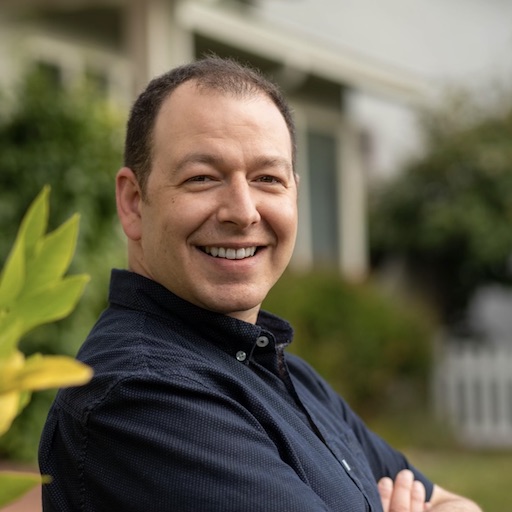“Between Pap smears and the HPV vaccine, cervical cancer should be a disease of the past.” -Dr. Ron Yalon, MD is a Pediatrics Specialist
During medical school, instructors often said that studying medicine was like drinking from a fire hose. Because there is so much information flying at you, even the most talented students must do their very best to retain all the information. Sometimes, I couldn’t help but wonder, “Why are some of these topics even taught? When am I ever going to see a patient with diphtheria? “That’s what I was thinking in the middle of a lecture about cervical cancer during my second year, way back in 2012.
HPV Vaccines Prevent Most Cervical Cancers
Cervical cancer just seemed so preventable. The World Health Organization estimates that human papillomaviruses (HPV) cause at least 95% of all cervical cancers. This doesn’t include other cancers caused by HPV like oral cancers, anal cancers, penile cancers, and vulvar cancers. Fortunately, the approved HPV vaccine, which has now been used for nearly 20 years, was found to prevent 90% of cancers caused by HPV with no long-term side effects.
Between regular pap smears and the FDA approved HPV vaccine, I thought cervical cancer would be a disease of the past. Six months later, I was proven terribly wrong when I started caring for a woman who was diagnosed with metastatic cervical cancer.
By that time, She had already undergone multiple surgeries and chemotherapy. Sadly, our priority was making her as comfortable as possible. The patient and I were the exact same age when her treatments failed. She died at 29 years old, leaving behind a husband and two children.The reality? Her death could have been prevented.
HPV Vaccines are Most Effective When You Start Early
HPV screenings and regular pap smears are an important part of cancer prevention and early detection. Now, I encourage parents to take ownership of their family’s health by getting the HPV vaccine for their children and regular screenings for themselves — it’s something that none of us should do without.
The 2-dose vaccine series is best started for both boys and girls between ages 9 and 12. A 3-dose series is needed for teens and young adults 15 to 26. The most common side effects are pain and swelling at the injection site and mild fever. While the HPV vaccine doesn’t protect against all strains of HPV, it does prevent those that are most associated with cancer and genital warts.
The pediatrics practice at CityHealth is a place where parents and children can receive high quality, compassionate care in a welcoming environment. With approachable access to HPV immunization and other preventative care, I am confident that we are close to the day that cervical cancer is eradicated for good. Until that day, it is up to each and every one of us to make sure we are taking action when it comes to our family’s health and wellbeing.
Author: Dr. Ron Yalon, MD
CityHealth – Pediatrics
Dr. Ron Yalon, MD is a Pediatrics Specialist in Oakland, CA with over nine years of experience in the medical field. He earned his medical degree from the Keck School of Medicine – University of Southern California from 2010-2014 and completed a residency program at UCSF Benioff Children’s Hospital, Oakland. A compassionate advocate for children’s health, Dr. Yalon is dedicated to providing exceptional care and support for every young patient he treats.


